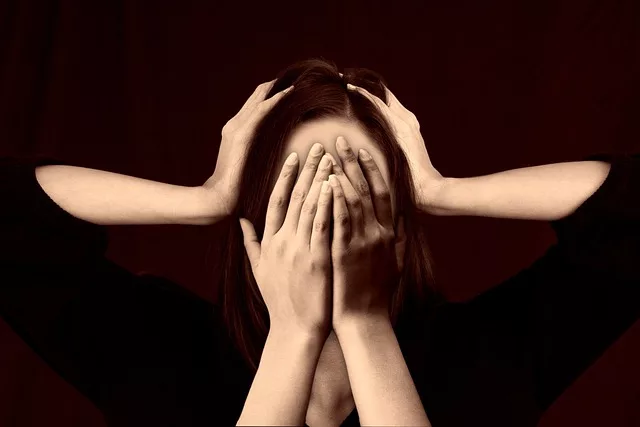Is Co-Occurring Disorder Same as Dual Diagnosis?
Understanding Co-Occurring Disorders vs. Dual Diagnosis: What’s the Difference?
When seeking treatment for mental health and substance use issues, the terms “co-occurring disorder” and “dual diagnosis” often come up. For individuals and families navigating the path to recovery, it’s important to understand what these terms mean—and more importantly, that help is available.
Are Co-Occurring Disorders and Dual Diagnosis the Same?
Yes—co-occurring disorder and dual diagnosis refer to the same condition: when a person is struggling with both a mental health disorder and a substance use disorder at the same time.
Examples include:
-
Anxiety disorder and alcohol use disorder
-
Bipolar disorder and opioid addiction
-
PTSD and methamphetamine abuse
Both terms describe the complex reality that mental health and substance abuse often go hand in hand. Untreated mental health conditions can lead individuals to self-medicate with drugs or alcohol, and ongoing substance use can worsen or trigger mental health symptoms.
Why the Two Terms?
The term “dual diagnosis” became widely used in the 1980s and 1990s as healthcare providers began to recognize how common it was for individuals to have both types of disorders. Over time, professionals began using “co-occurring disorders” to better reflect the dynamic and interconnected nature of these conditions.
While they are often used interchangeably, co-occurring disorders is now the preferred term in clinical and behavioral health settings because it:
-
Acknowledges multiple possible diagnoses (not just one mental illness + one addiction)
-
Emphasizes the interrelationship between disorders
-
Aligns with evidence-based, integrated treatment models
The Importance of Integrated Treatment
At our facility, we specialize in treating co-occurring disorders through an integrated approach. That means addressing both the mental health condition and the substance use issue together—never in isolation. This model is proven to be more effective than treating each condition separately.
Our programs include:
-
Psychiatric assessment and medication management
-
Individual and group therapy
-
Cognitive Behavioral Therapy (CBT) and other evidence-based practices
-
Holistic therapies for emotional and physical healing
-
Relapse prevention and life skills training
You Are Not Alone
If you or someone you love is facing both mental health and addiction challenges, know that recovery is possible—with the right care. At Inspire Malibu, we’ve been helping individuals reclaim their lives through personalized, compassionate treatment since 2011.
Contact us today to learn more about our dual diagnosis programs and take the first step toward lasting recovery.
